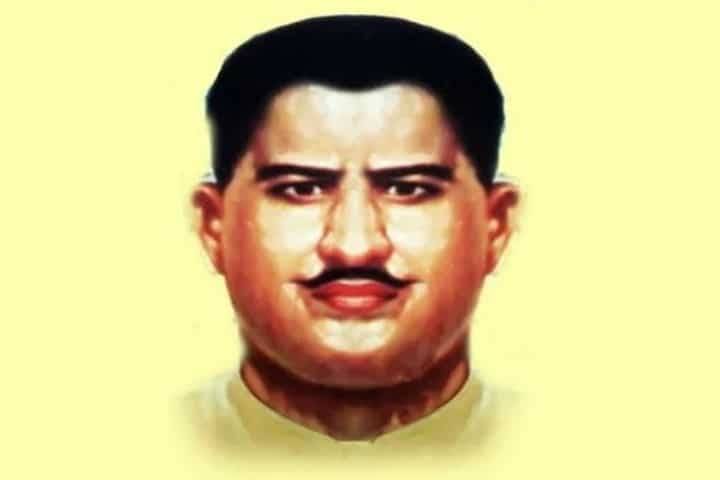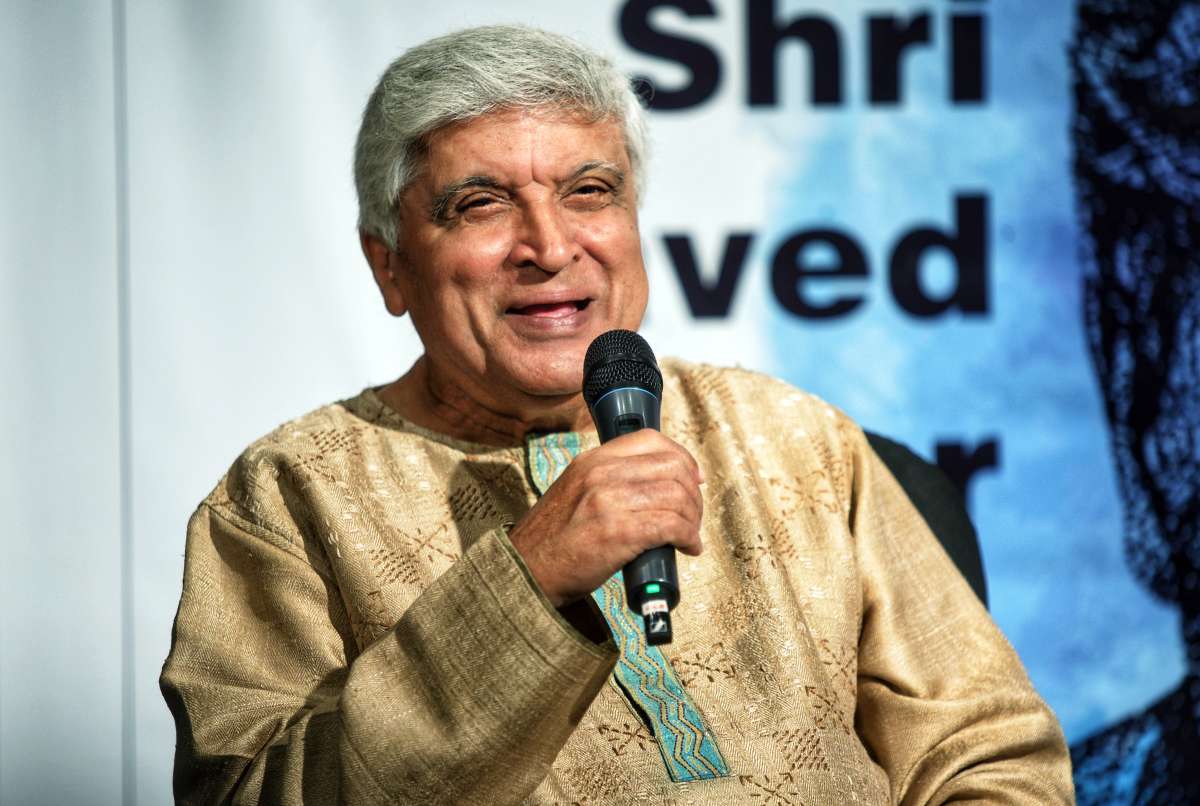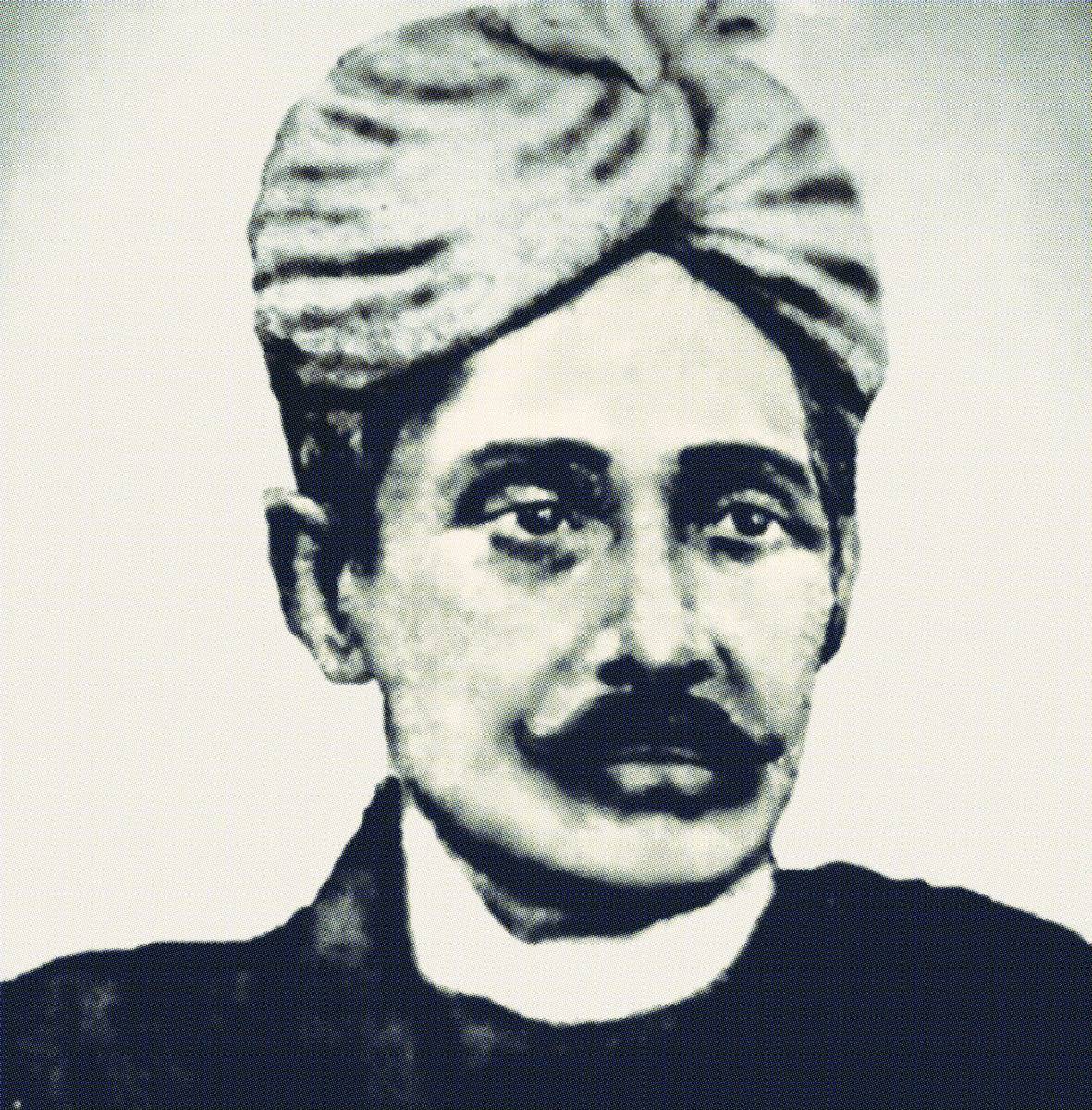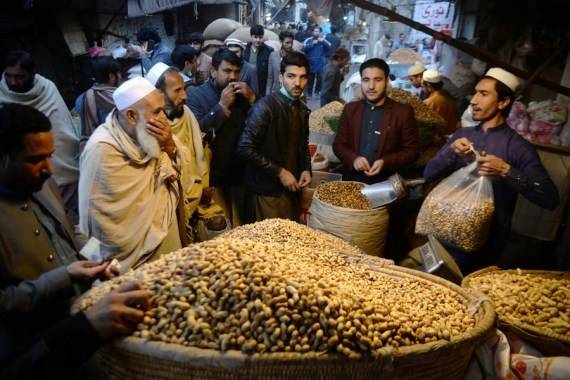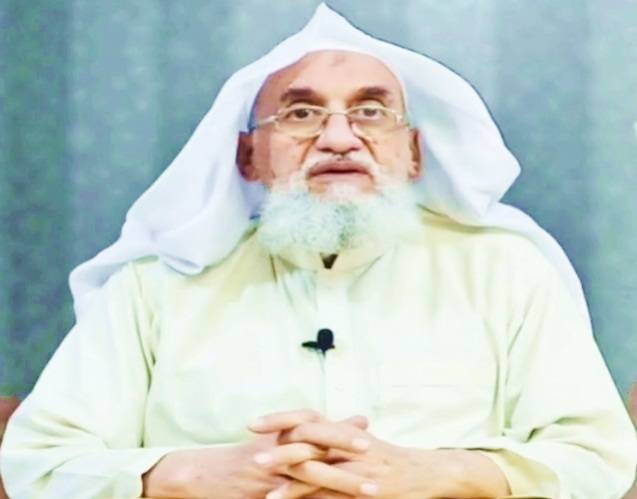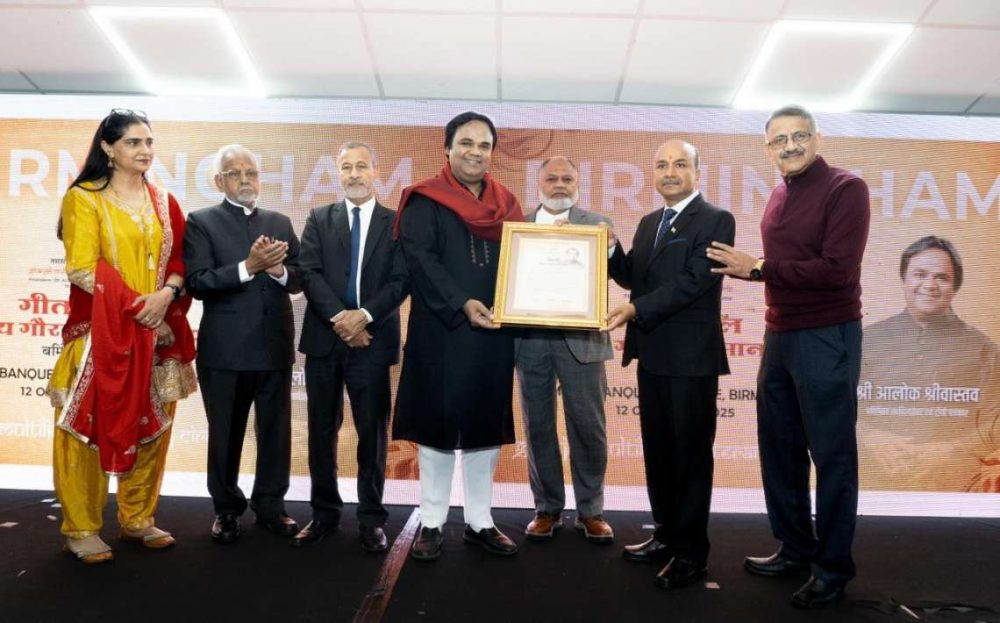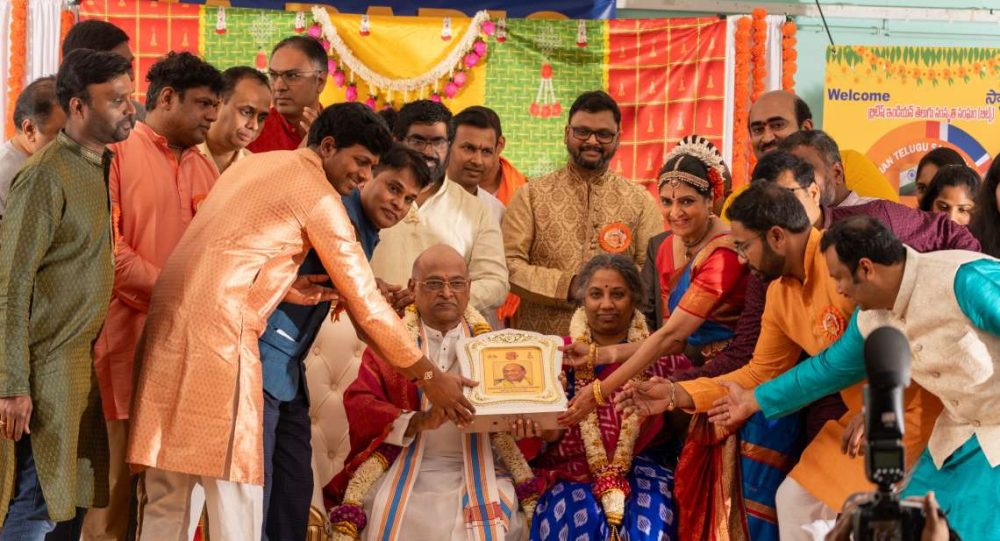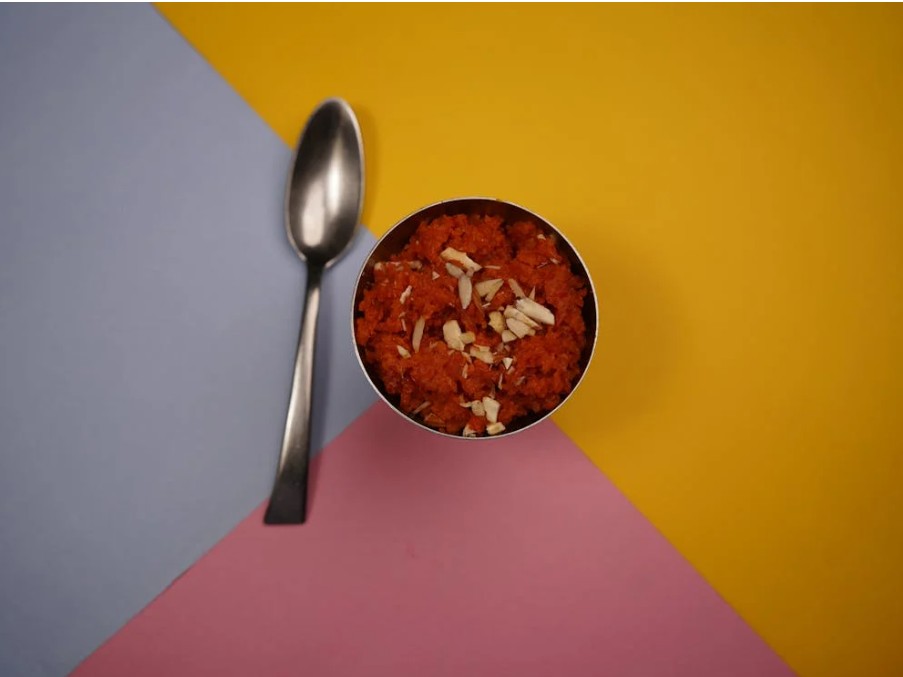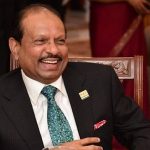Bismil’s shared a life-long bond with Ashfaqullah Khan. The two shared a common ideology, ideals and deep-rooted patriotism. They lived together, worked together and always had each other’s back…reports Amit Verma
It was Bismil Azimabadi of Patna who wrote “Sarfaroshi ki tamanna ab hamare dil mein hai, dekhna hai zor kitna baazu-e-qatil mein hai” in 1921, and it was Ram Prasad Bismil who immortalised the lines. The poem became a war cry in India’s freedom struggle against the British rule.
Ram Prasad Bismil was himself a talented poet who wrote in Urdu and Hindi, under the pen names Ram, Agyat and Bismil.
He was also the founding member of Hindustan Republican Association (that became Hindustan Socialist Republican Association) whose more popular revolutionary members were Bhagat Singh and Chandrashekhar Azad.
Ram Prasad Bismil was born on June 11, 1887, in Uttar Pradesh’s Shahjahanpur district. His parents were Murlidhar and Moolmati.
As a child, Bismil witnessed the brutal atrocities that Britain’s colonial rule kept inflicting on Indians. He was deeply affected and began leaning towards revolutionary ideals. He also mastered the art of wielding firearms and then joined hands with Bengali revolutionaries Sachindra Nath Sanyal and Jadugopal Mukherjee to set up Hindustan Republican Association (HRA), a revolutionary organisation in north India that had vowed to set India free from the shackles of British rule.
Bismil borrowed money from his patriotic mother, Moolmati, to write and publish his books ‘Deshvasiyon Ke Naam’, ‘Swadeshi Rang’, ‘Man Ki Lahar’ and ‘Swadhinta Ki Devi’ to draw public attention to their cause and bring in much-needed money.
This was also when he met and became close friends with other leading figures of the revolutionary freedom struggle such as Ashfaqullah Khan, Roshan Singh and Rajendra Lahiri.
Bismil played a key role in bringing dynamic youngsters like Chandrashekhar Azad and Bhagat Singh into the folds of HRA, which later became Hindustan Socialist Republican Association (HSRA).
In fact, it was Bismil who named Chandra Shekhar Azad ‘Quick Silver’, in honour of his agility, restlessness and ever-present enthusiasm for new ideas.
Bismil’s shared a life-long bond with Ashfaqullah Khan. The two shared a common ideology, ideals and deep-rooted patriotism. They lived together, worked together and always had each other’s back.
In his autobiography, Bismil dedicated an entire chapter to Ashfaqullah Khan. Both played key roles in the famous Kakori train robbery of 1925.
Realising that organising a revolution to overthrow the British required funds to procure weapons and train men, HRA’s core leadership decided to loot the colonial government’s treasury.
On August 9, 1925, as the No. 8 Down Train from Shahjahanpur to Lucknow was approaching Kakori, Ashfaqullah pulled the chain in the second-class compartment.
The train stopped abruptly and he then got off with his friends Sachindra Bakshi and Rajendra Lahiri, after doing the first part of his duty in the Kakori plot. The trio then joined other revolutionaries from HRA in subduing the train’s guard and looting the official cash aboard it.
The incident shook the roots of the British rulers and the colonial authorities arrested more than two dozen HRA members (including Bismil) within a month of the attack. During the trial that followed, four of the revolutionaries — Ram Prasad Bismil, Ashfaqullah Khan, Roshan Singh and Rajendra Nath Lahiri — were sentenced to death and were sent to separate jails; others got prison terms.
During his time in Barrack No. 11 of Lucknow Central Jail, Bismil wrote his autobiography (published by journalist Ganesh Shankar Vidyarthi in 1928) which is still considered as one of the finest works in Hindi literature. It was also here that he came up with a song which went on to become one of the most iconic songs of the pre-Independence era. The song is “Mera rang de basanti chola”.
On December 19, 1927, Bismil wrote his last letter to his mother before calmly walking to the gallows. Hanged a few minutes later with the words ‘Jai Hind’ on his lips, he was cremated on the banks of Rapti river. Hundreds of Indians mourned the loss of an inspiring leader. Thus, ended the life of one of India’s most extraordinary freedom fighters.
Interestingly, few know that he realised that he will not see independent India in his life time. Bismil had penned a poem, wishing to be reborn to serve his motherland again.
ALSO READ-Celebration of poetry to mark India@75


